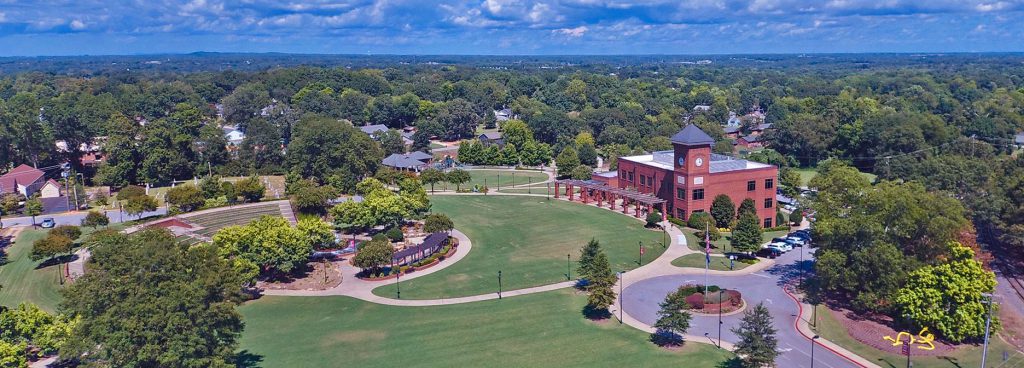
Ultimate waste
The traditional notion of waste according to the federal law is supplemented by that of ultimate waste.
Ultimate waste is resulting or not from the treatment of waste, which is not more likely to be processed under the technical and economic conditions of the moment, in particular by extracting the recoverable part or by reducing its polluting or dangerous nature.
The circular from the Ministry of Regional Planning and Environment of considers that the ultimate waste that can be landfilled beyond July 2020 is defined as the non-recoverable fraction of the waste and not as the only residue from incineration. However, two conditions must be met beforehand:
- The discharge will comply with the provisions of the Ministerial Decree relating to the storage of household and similar waste;
- the landfill will not receive raw waste, that is to say non-waste from separate collections and not having undergone any sorting process for extract :
– materials for recycling, such as glass, paper and cardboard, plastic,
– their fermentable or biodegradable fraction for treatment organic (composting, anaerobic digestion) or agricultural spreading,
– used products subject to dedicated disposal, such as end-of-life vehicles, used oil, clothing …
This text thus made it possible to remove an ambiguity concerning the ultimate waste left by the law of 1992. Indeed, this one defined this “waste of waste” only as that which can no longer technically or economically to be valued or treated to limit the polluting potential.
The circular has furthermore, it is possible to recall that the restriction on storage enshrined in law, namely “from 1 July
2002, waste disposal facilities will only be authorized to receive ultimate waste ”, does not mean the disappearance of landfills. In 2002, their number will have fallen sharply, they will be more regulated, but under the name of Technical Landfill Center”.
Absorption of raw landfills in Greer
The circular from the Ministry of Regional Planning and The Environment provides that the General Council of South Carolina will monitor the progress of the elimination of illegal dumps every year, thus updating the inventory carried out in 2015.
The law of July 13, 1992, which seeks to enhance and treat as much as possible waste and reserves landfills for ultimate waste using a dumpster rental near me, is a homogeneous policy which applies to heterogeneous municipalities with their own geographic, economic and social characteristics.
Thus, even if the notion of local specificities is taken into account in departmental plans for the elimination of household and similar waste made compulsory by federal law, this waste management policy, in the context of Greer, is faced with constraints linked to local specificities which aggravate the problem of household waste disposal.
Thus it is necessary to identify the factors binding which make it difficult to fully comply with state law in SC.
All these measures taken, namely circular, plan, law and decree have in the end the same pretensions aimed at dictating priorities, guiding and coordinating community actions. A new method of treating household waste is provided for in the plans and each county must, in order to comply with the federal regulations, comply with them.
Thus, the management of household waste in Greer is part of a strict legal framework to which communities have to face it.